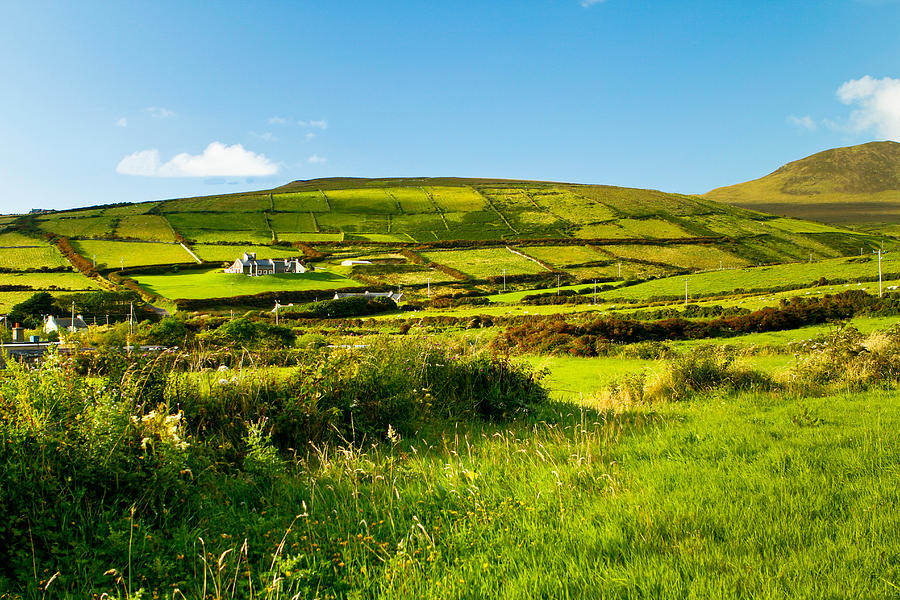New research has identified talent and skills gaps as key challenges in Ireland achieving its climate goals.
The research was published today (Wednesday, March 30) by Skillnet Ireland, undertaken in collaboration with the Economic and Social Research Institute (ESRI).
It has identified corporate sustainability strategies, carbon management and waste management as the top-three development priorities to enable enterprise innovation and Ireland’s transition to a low-carbon economy.
Waste management (78% of enterprises) tops the range of green skills needed for all enterprise groups, followed by corporate sustainability strategy skills (75% of enterprises) and carbon management skills (67% of enterprises).
Other key challenges include improving the way in which resources are used in their supply chain to reduce emissions and improving energy efficiency of processes, buildings and transport.
Main findings:
- Developing talent and skills is revealed as the top challenge in implementing Ireland’s Climate Action Plan;
- Corporate sustainability strategy, carbon management, and waste management are the top talent development priorities for businesses;
- 60% of businesses expect achieving carbon neutrality by 2050 will have a positive impact on enterprise performance in the medium term;
- Importance of digital talent in achieving low carbon economy highlighted.
The top skillsets needed in the medium-term to support enterprise innovations with environmental benefits include climate change and sustainability-strategy skills (84% of enterprises); marketing skills (70%); and financial skills relating to investment and access to finance (67% of enterprises).
The research report findings show the importance of supporting business leaders in establishing sustainability strategies that will enable the innovation needed for Ireland’s transition to a low-carbon economy.
The report also details the importance of having the right digital talent to harness digital technologies and big data to enhance firms’ capacity to achieve better sustainable performance.
Tracey Donnery, director of communications and policy, Skillnet Ireland, said:
“Transitioning to a low-carbon economy comes with a level of uncertainty for businesses.
“We know from this research study, in collaboration with the ESRI and our work with industry, that all businesses will undergo a significant shift and having access to responsive business supports will be key.”
She said Skillnet Ireland is engaging with industry to develop talent frameworks to build sustainable and digitally enabled businesses that enable innovation.
“We are committed to helping Irish businesses understand their talent needs and stay ahead of the curve as the transition to a new, carbon-neutral economy gathers pace.”
Professor Iulia Siedschlag, ESRI lead author of the report said:
“Our research identified a number of business challenges and skills gaps within the private-enterprise sector to enable innovation and support the transition to a low-carbon economy.
“Tailored training programmes to each sector and enterprise group and at different stages in the transition to a low-carbon economy would help businesses to better act and manage the transition to a low-carbon economy.
“Enhancing collaboration and co-ordination of different initiatives across government departments and agencies is important to ensure accessibility and maximise benefits.”
Skillnet Ireland is engaging with industry to accelerate the green transformation, build sustainable businesses, and fuel innovation through Skillnet Business Networks and its new ‘Climate Ready’ initiative.
In response to this research, Climate Ready Academy has recently launched a Sustainability Leaders Programme, which supports leaders in integrating sustainability into their business strategy. This next intake for the Sustainability Leaders Programme is in April 2022.
Climate Ready, launched last year in partnership with Chambers Ireland, Wind Energy Ireland, and Sustainable Finance Ireland, offers a wide range of talent development solutions in renewable energy and green technology; environmental, water and energy management; sustainable strategy and sustainable finance.
